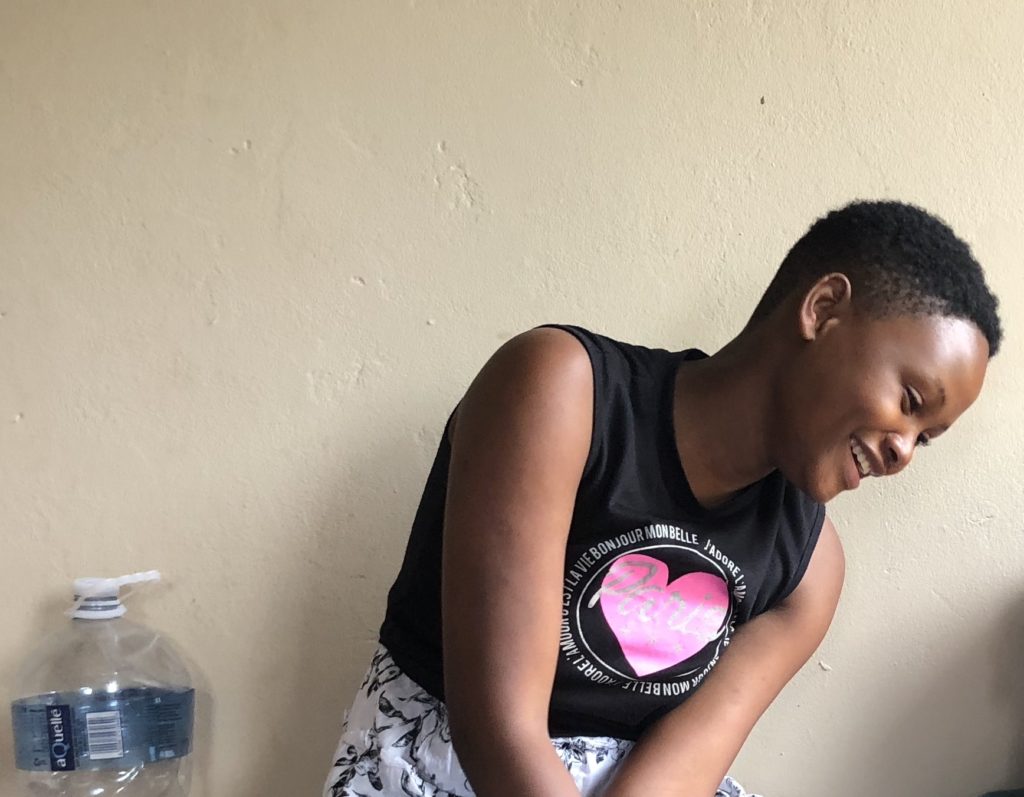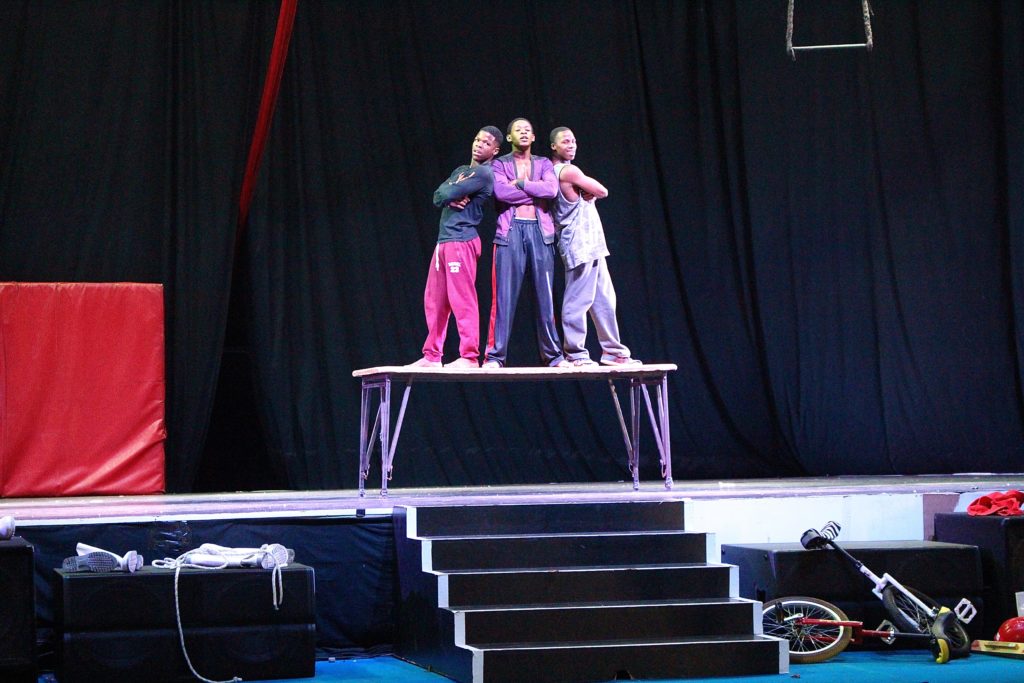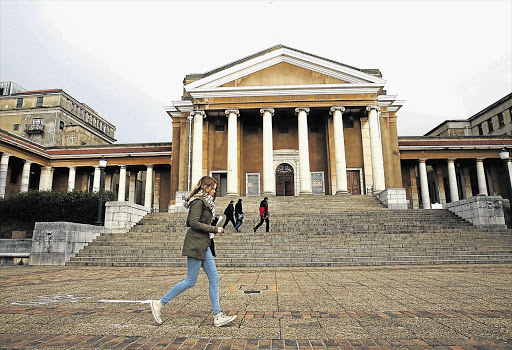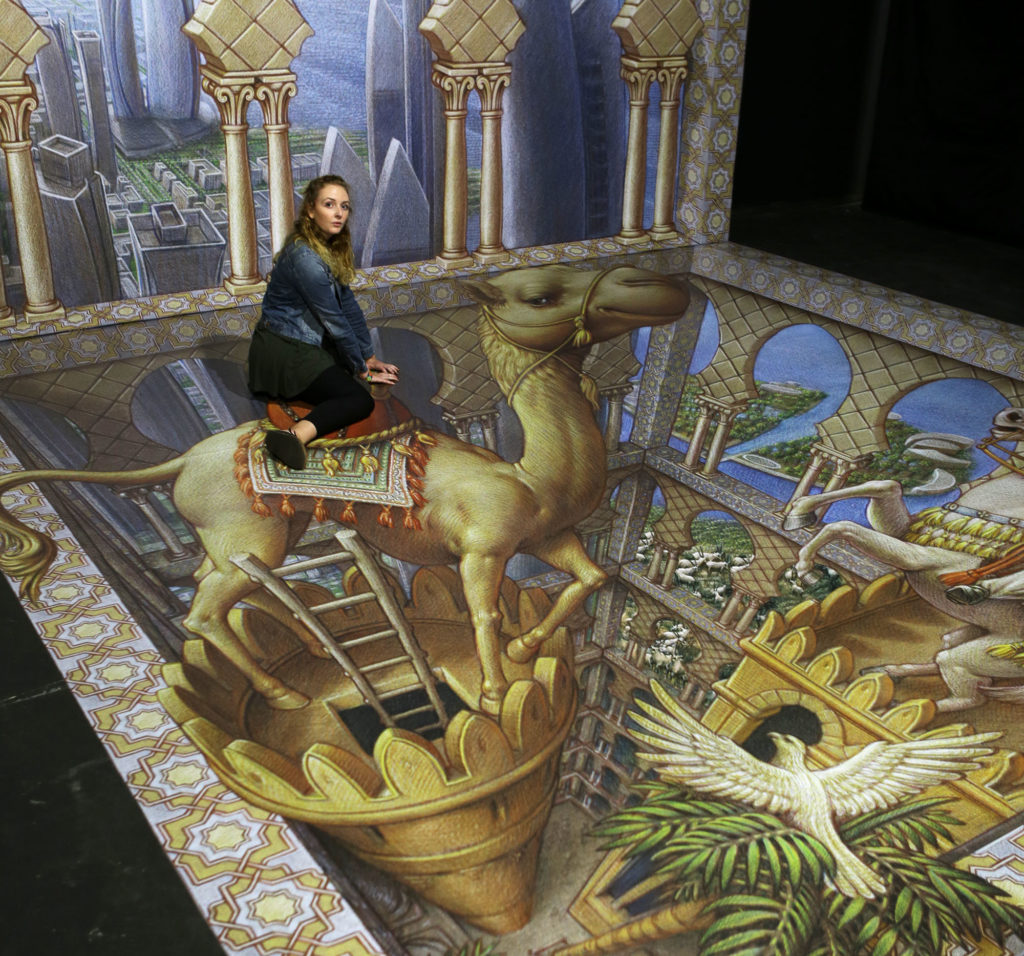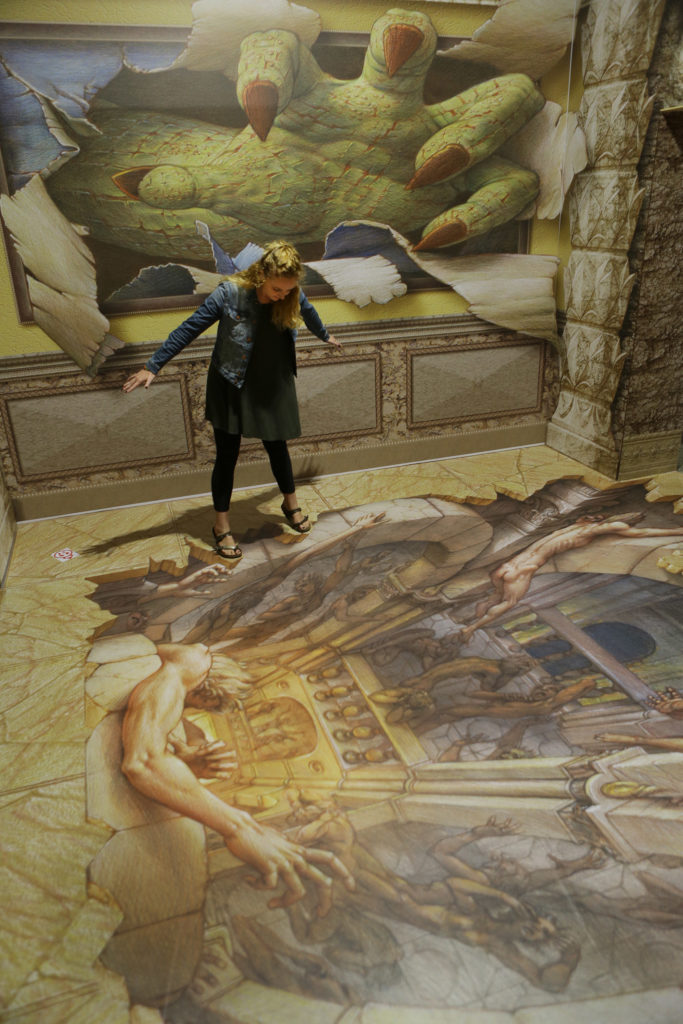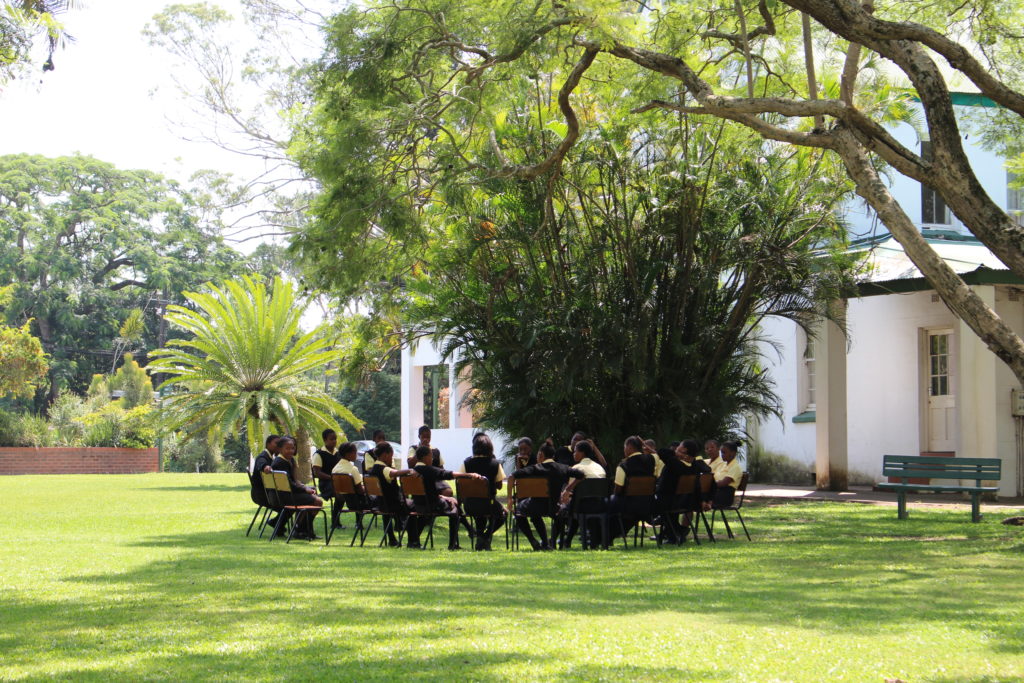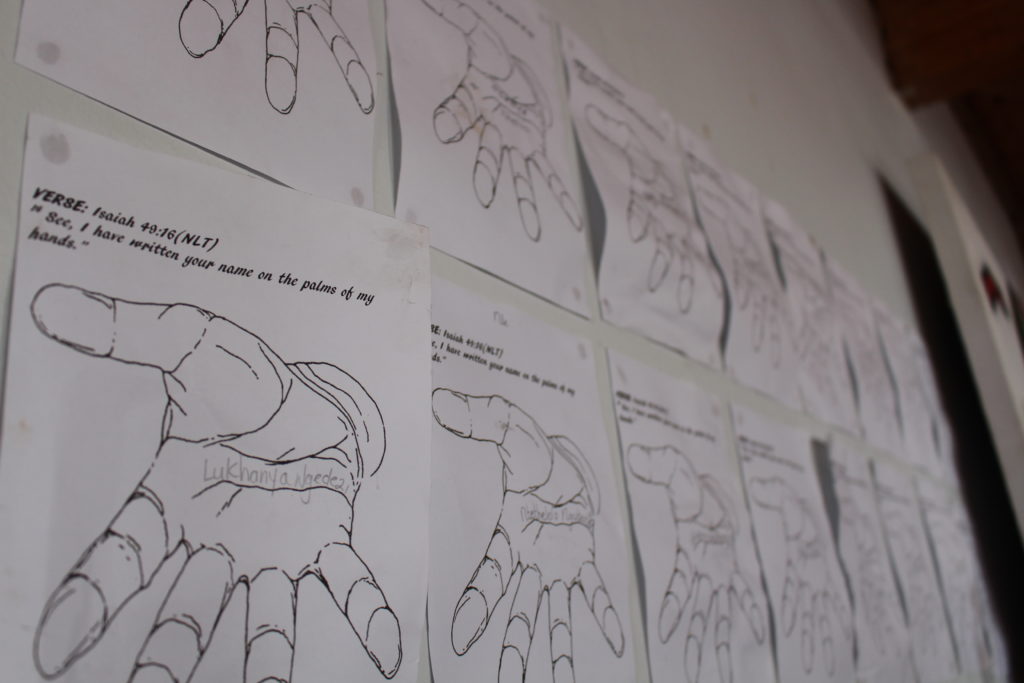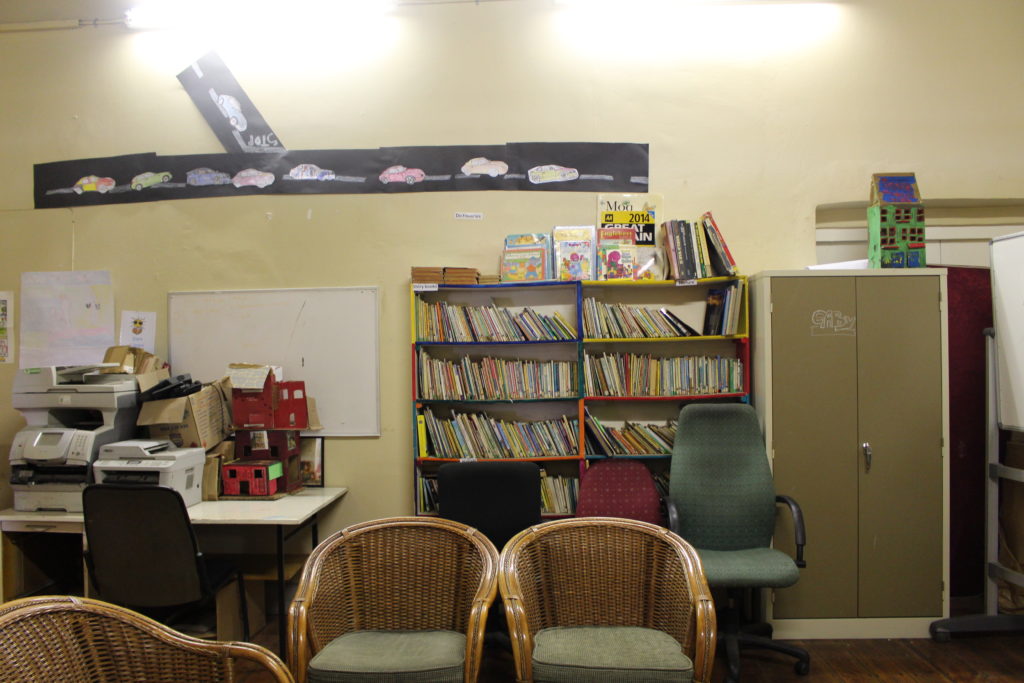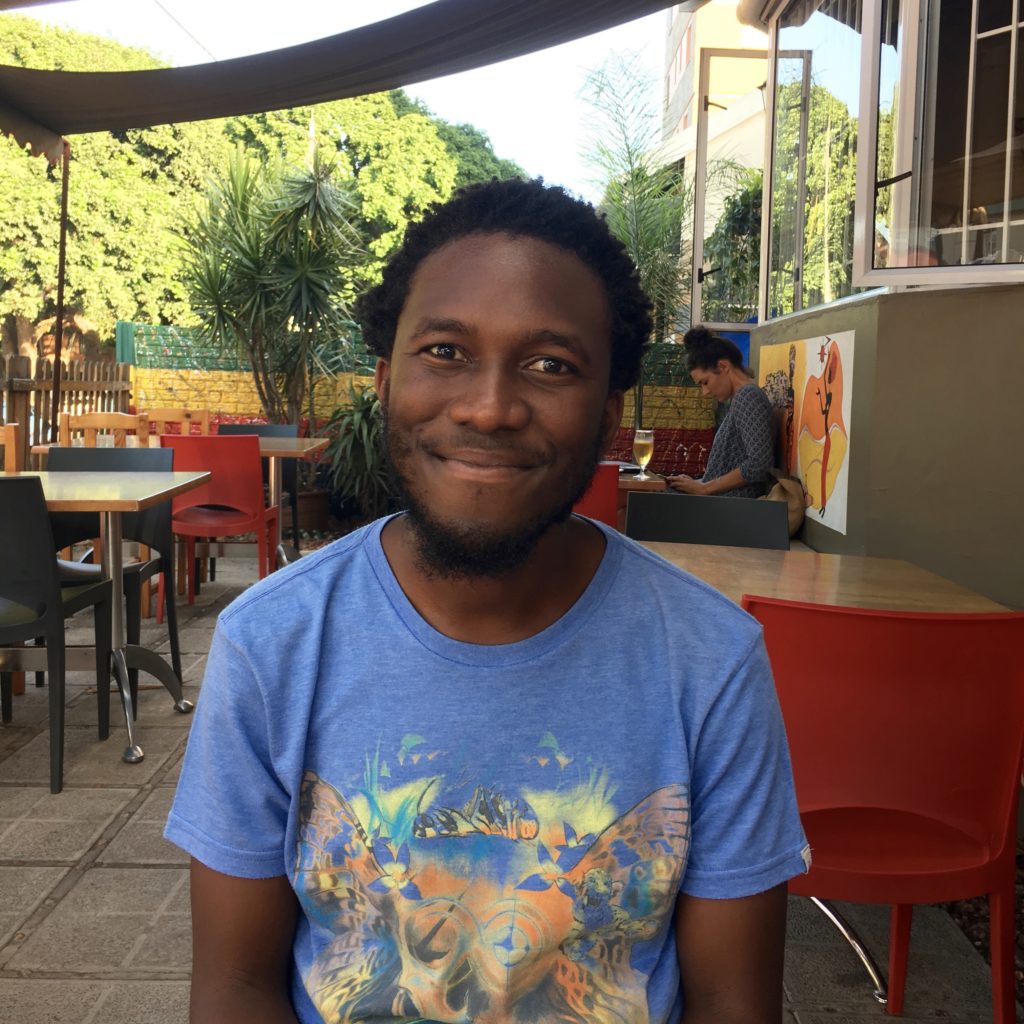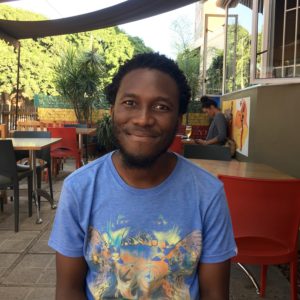The life she lives is one she appreciates, mostly because it’s all she’s known, but that doesn’t stop her from dreaming. It’s her ability to dream that keeps her grounded while allowing her to be free, as freedom is the only thing she truly seeks.
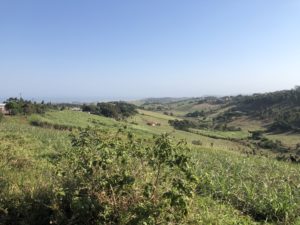
Just a few hours outside of the bustling city of Durban is the rural town of Dokodweni. Like anywhere, it has the four necessities for it to function; a church, a school, a clinic and a grocery store. The residents work both regular and odd jobs, most unaware of what lies beyond their homestead.
The same can be said for Lindelwa Dube, who has gone no further than a few kilometers into town, never venturing further.
She finds freedom in her ambitions. Because of the burden of expectation that comes with being a Zulu woman—namely being a homemaker and the requirement of marriage— she spends a good amount of time submitting to the wishes of her mother and father.
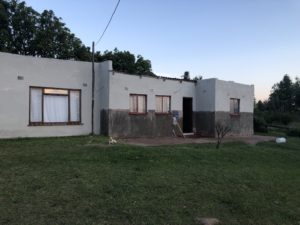
“I always have to be available to help.” she says. “Even if there are things I don’t want to do, I do them because I don’t want to disappoint my mother.”
Humility and respect are two concepts that govern Lindelwa’s life, both of which challenge her daily – on the one hand, submitting to her parents, while on the other rebelling against school to the point where disrespecting teachers is a daily activity, most times to the detriment of her education.
She tells how she and her schoolmates sang and danced during a lecture. And how one week the teacher decided not to show up. But education remains part of her plan – Lindelwa still wants to be a doctor.
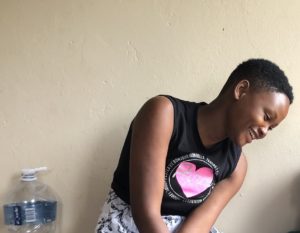
gracefully smiling after being caught off-guard.
She smiles as I ask why. All she knows is that her mother deserves a bigger house and her father a new car. As we sit on the sofa, eyes glued to the TV set where Imbewu: The Seed tracks the daily drama of a Zulu family caught in a big city tale of ambition and tradition, she can see herself living this life – fast paced and glittering. But her ties to her rural homestead remain powerful. She breathes and says, “One day I’ll go to America…but I want to stay here forever.”
By Corey D. Smith




